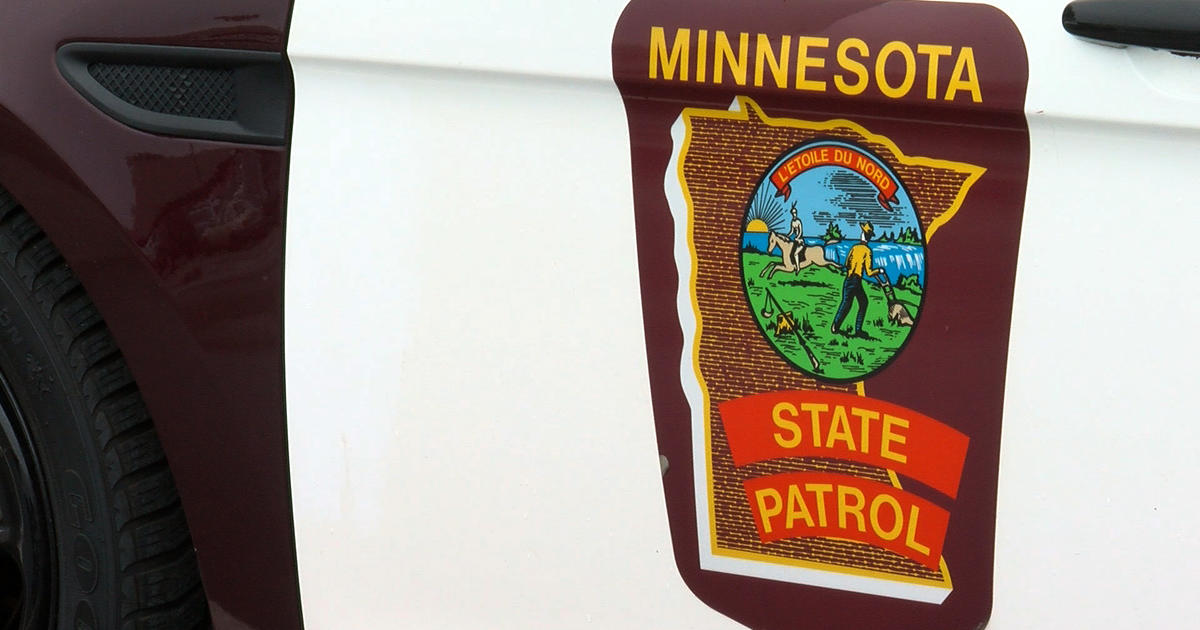Report Suggests Minnesota Among Top States For Child Welfare
ST. PAUL, Minn. (AP/WCCO) — A new report applauds Minnesota as the best state for child welfare, but that found overall more U.S. children are living in poverty than before the Great Recession belies the fanfare of the nation's economic turnaround.
Twenty-two percent of American children were living in poverty in 2013 compared with 18 percent in 2008, according to the latest Kids Count Data Book, with poverty rates nearly double among African-Americans and American Indians and problems most severe in South and Southwest.
The report, released Tuesday from the child advocacy group the Annie E. Casey Foundation, showed some signs of slight improvement, including high school graduation rates at an all-time high and a dipping percentage of uninsured children.
Minnesota landed at number five in last year's report and has typically ranked in the top 10.
Minnesota earned the top spot this year in part because fewer children are dying from accidents, cancer and homicides. Also, fewer teens in Minnesota are abusing alcohol and drugs.
The Kids Count Data Book does report some grim news for Minnesota.
The child poverty rate rose from 11 percent in 2008 to 14 percent in 2013.
At the Division of Indian Work on Tuesday, Gov. Mark Dayton called for the state to address chronic inequities for black and American Indian children in Minnesota.
He said more work needs to be done in education to close the opportunity gap, adding that all children should benefit from a recovering economy.
DIFFERING CAUSES
The foundation's studies cover 16 different measures, delving into economic well-being, health care, education and family and community issues.
The problems extend beyond — and in some cases drive — increasing poverty rates. More children were raised in single-parent homes in 2013 than in 2008, and fewer lived with parents with secure employment.
Foundation President Patrick McCarthy said that particularly troubling is an increase in the share of kids living in poor communities, regardless of their own families' economic standing. The report says 1 in 7 children live in those areas, marked by poor schools and a lack of a safe place to play.
"They're more likely to fall down the economic ladder, less likely to be employed and more likely to get in trouble," McCarthy said.
A MIX OF FIXES
McCarthy likened child poverty to a "particularly pernicious form of cancer," and he prescribed a cocktail of economic policies and fixes to tackle it.
Tax credits and additional support such as food stamps could give low-income families a much-needed boost, and job training could provide help for struggling to get an economic foothold. Businesses should implement more family-friendly policies, and a massive infrastructure repair campaign could create countless jobs.
"None of them is a magic bullet. When you put them all together, you start to put the children on a path to success," he said.
STRUGGLING IN THE SOUTH
States in the South and Southwest continued a steady run at the bottom of the Kids Count rankings for overall child well-being, with issues including economic standing and education.
According to the report, 1 in 3 children from Mississippi live in poverty. Twelve percent of teens from Mississippi and Louisiana were neither in school nor working. Fifteen percent of Nevada children didn't have health insurance, compared with the nation-best 2 percent in Massachusetts.
MIDWEST ON TOP
Minnesota nabbed the report's top ranking, taking a spot generally reserved for a Northeast state and rounding out the Midwest's strong pattern of supporting children.
McCarthy said there's not much to make of one state usurping another for a top spot. Instead, he focused on the broader regional patterns: New England and Midwestern states generally occupy the top 10 while the South and Southwest struggle in the bottom rankings.
"That's where you see a difference in day-to-day lives," he said.
DAYTON CALLS FOR MORE EARLY EDUCATION
Dayton is putting Minnesota lawmakers on notice: They'll have to pony up more for early education programs to unlock money for their priorities.
Republican legislators have big plans for tax relief heading into the 2016 legislative session. But Dayton said Tuesday he won't sign a tax bill if the Legislature doesn't put up an "equitable" amount for early education.
His call comes after the release of a new child welfare index ranking Minnesota No. 1 for child well-being.
Dayton says it's good news but shows the state needs to better fund schools for the state's youngest learners.
The governor says it's too soon to say how much additional money he wants for those programs or what shape they may take.
(TM and © Copyright 2015 CBS Radio Inc. and its relevant subsidiaries. CBS RADIO and EYE Logo TM and Copyright 2015 CBS Broadcasting Inc. Used under license. All Rights Reserved.This material may not be published, broadcast, rewritten, or redistributed. The Associated Press contributed to this report.)



